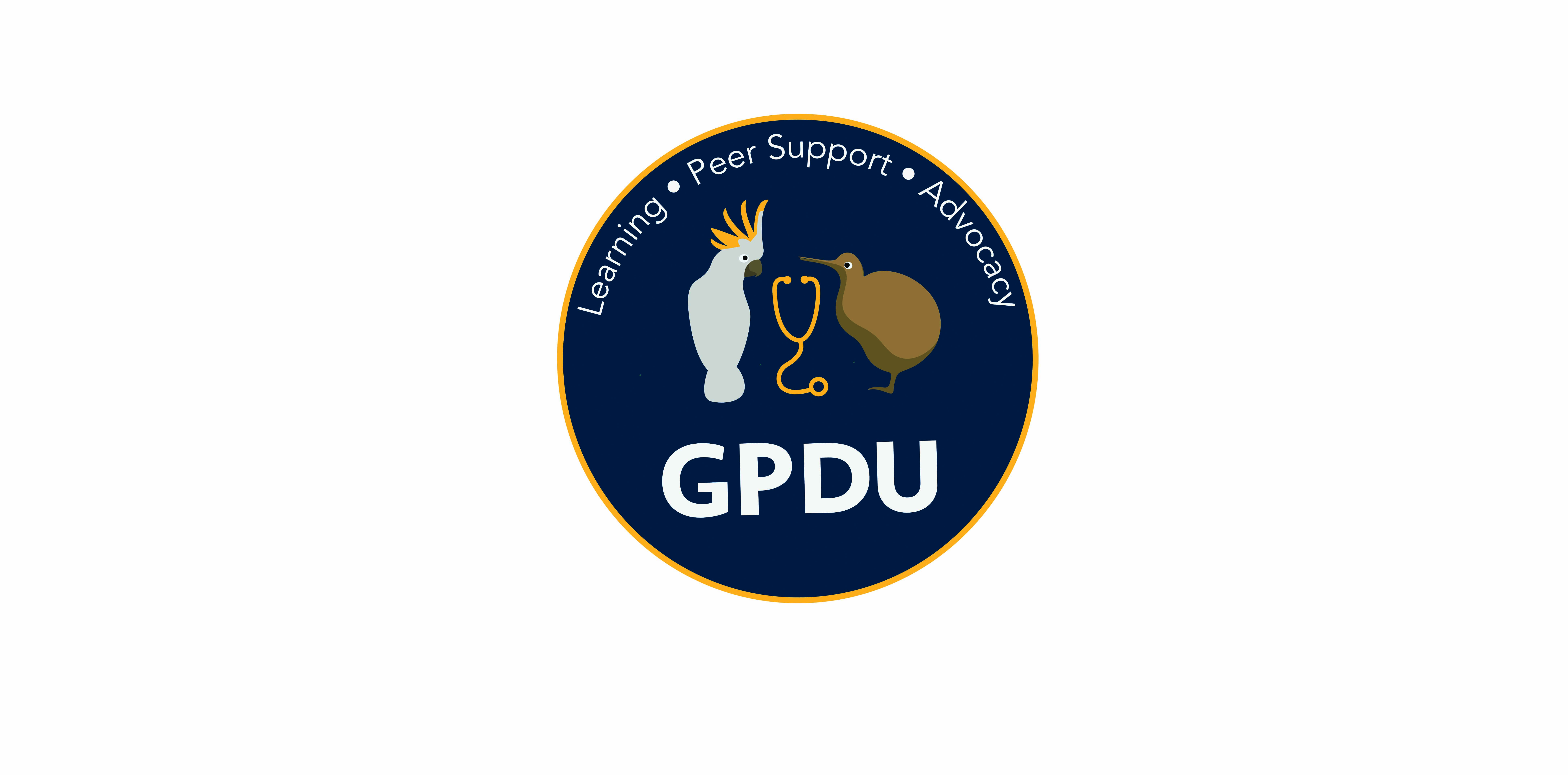Research provides a revealing analysis of the questions asked on media forum GPs Down Under
General practitioners cope with information overload by using social media to ask each other clinical questions, most of them on just a handful of topics, according to a new Australian study.
Out of more than 1000 posts on the GPs Down Under Facebook group page in three weeks last year, researchers identified 204 clinical questions, which each received an average of 10 responses. About half the answers gave a justification for the response; only 6% referred to research evidence and only three cited a systematic review.
Just five topics accounted for almost 60% of the clinical questions – skin (23%), psychology (10%), cardiovascular (9%), female genital (8%), and musculoskeletal (7%) – suggesting areas where GP education might put more emphasis.
“Clinicians are increasingly using social media to communicate and network with colleagues, share information, and disseminate research findings,” the paper says.
“Thus, understanding clinicians’ use of social media networks to overcome information overload and address clinical questions generated from patient care is warranted.”
The study, published in BMC Family Practice this month, was led by Dr Loai Albarqouni from the Centre for Research in Evidence Based Practice at Bond University.
Dr Albarqouni, a PhD candidate, told The Medical Republic he was interested in the ways GPs used and disseminated evidence.
“I was surprised by the amount of activity on this Facebook group, when most of the members are working full time,” he said. “In just 20 days there were more than 1000 posts and 200 out of these were clinical questions, or 10 per day.
“There could be potential for enhancing these social media networks, by using more evidence-based resources.
“I think there might be similar social media groups in other specialties, so this might be a good way to disseminate evidence.”
The team categorised clinical questions into “background” and “foreground” (for example, respectively, “What is myocardial infarction?” and “In adult patients with myocardial infarction, does aspirin increase survival?”). They further categorised the questions into diagnosis, treatment and management, and the subject of each question according to the International Classification of Primary Care system.
The writers acknowledged limitations in the study: the results may not be generalisable to doctors who are not active social media users; it captured only “known unknowns” – the questions where GPs recognised they had a deficit in knowledge – and missed “unknown unknowns”; and the study did not verify the validity of the information or evidence given, meaning answers that cited evidence might not be accurate while answers that did not cite evidence might be evidence-based and accurate nonetheless.
Dr Albarqouni said there could be further knowledge gaps that the GPs were either unaware of or unwilling to expose to the group.
Even if GPs had free access to the hundreds or thousands of journal articles on a topic, he said, “it’s easier and more sensible sometimes to ask someone who has expertise in this kind of disease or specialty”.


